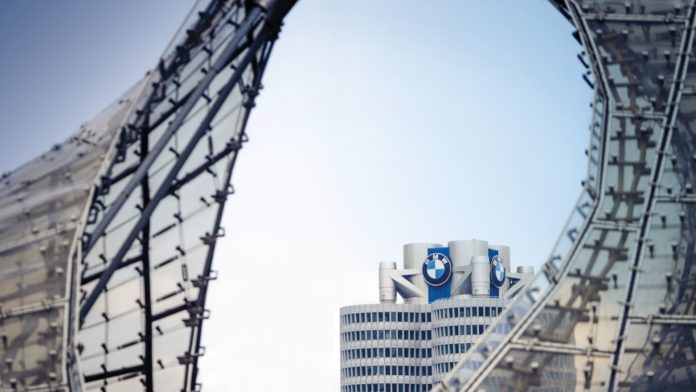Key Takeaways
- Senate Finance Committee expands BMW probe for banned Chinese parts in US imports.
- US government passed UFLPA to address forced labor.
- BMW faces backlash for using banned parts, unclear of ramifications and future changes.
The Senate Finance Committee said it will be expanding its probe into the BMW Group for the use of banned Chinese parts in vehicles imported to the US, according to Reuters. This news comes just one month after it was discovered in a two-year-long staff investigation that the company had imported at least 8,000 Mini Cooper models into the US with parts banned due to their believed connection with the government-sanctioned use of forced labor in the Xinjiang region of China.
It’s unclear as of now how this probe will unfold and how much cooperation BMW will give the investigation. The company hasn’t publicly made any statements regarding the matter as of this writing, but we imagine the company will do what it must to rectify the issue given the negative press that has surrounded vehicles produced in China in recent months.
What Happened?
To combat the importation of Chinese forced labor parts being utilized in products sold in the US, the US government passed the Uyghur Forced Labor Prevention Act (UFLPA) in 2021. It outlined companies it believed participated in the practice but left companies to police their own supply chains to ensure they were compliant. At some point along the way, the US government was tipped off about automakers not being compliant, and Senator Ron Wyden outlined the findings last month.

Add CarBuzz to your Google News feed.
Volkswagen, BMW, Volvo, and JLR were all found to have received these parts at one point or another and were notified by the US supplier, Bourns, Inc., who imported the parts for them from Sichuan Jingweida Technology Group Co., Ltd. (JWD), in early January of this year. When first approached by the government, the automakers denied the use of the parts before later admitting to their use.
The US Government Doesn’t Trust Them
As the most egregious offender, BMW has taken the brunt of the backlash, and the Senator asked on Monday, “Is BMW certain that it is not currently importing vehicles containing components produced by JWD?” He asked for its response by June 21st and wants to know what efforts BMW has put forward to rectify the problem and to ensure something like this won’t happen in the future. As of now, it’s unclear what ramifications will come to the automaker if the fixes were not made or for the past transgressions, but fines could be on the horizon.

Hyundai Reacts To Potential China-Connected Vehicle Rules
The company is diversifying its supply chain outside of China.
These issues only appear to have affected Mini, so your new BMW 3 Series is most likely in the clear. What isn’t clear is how things will change moving forward. There’s increasing pressure from government officials to ban parts and vehicles produced in China, with new tariffs on Chinese EVs being the hardest action taken so far. Connected systems could also be on the chopping block soon, meaning automakers need to be more vigilant about their supplied parts than ever before.
Source:
Reuters



